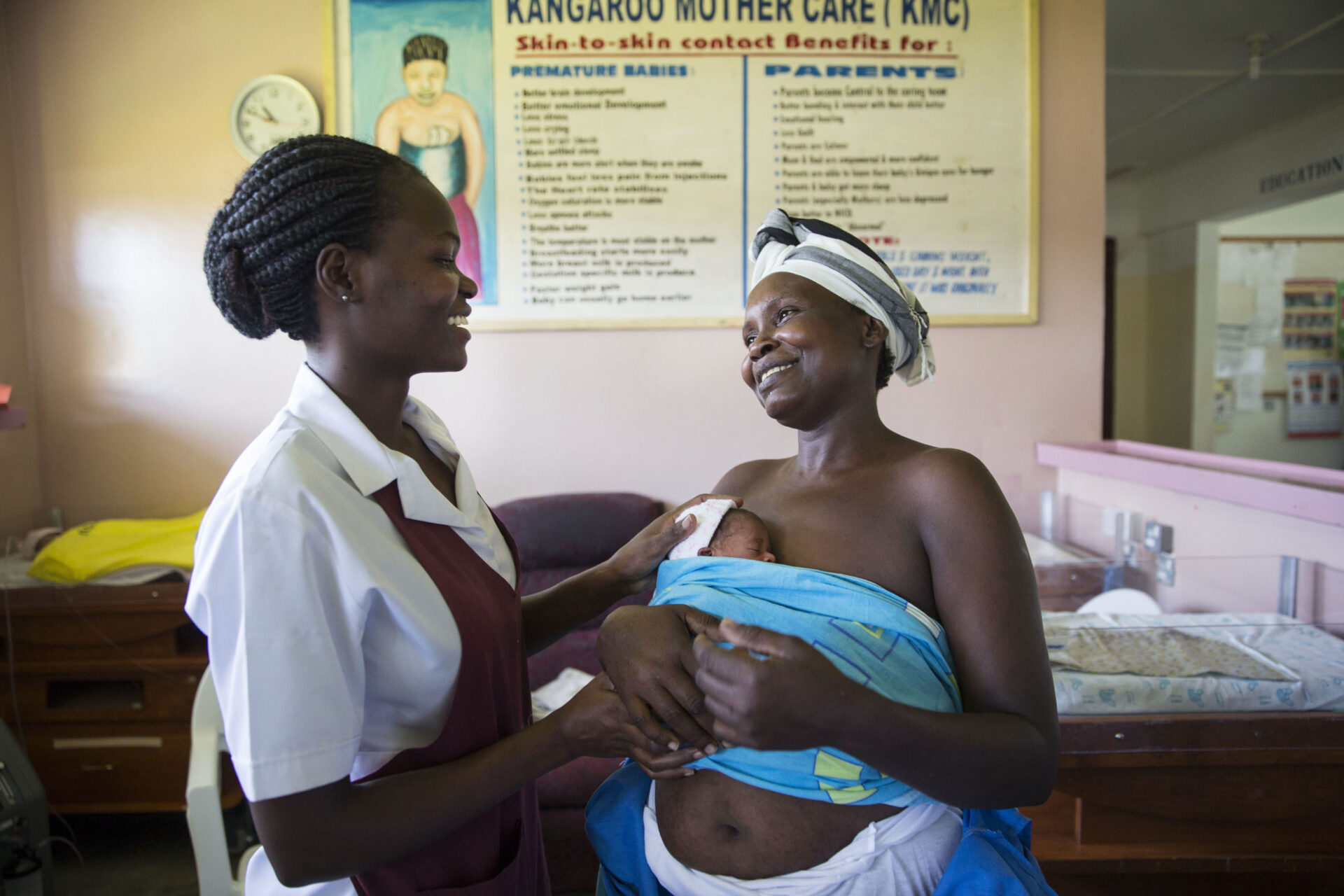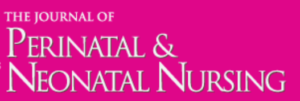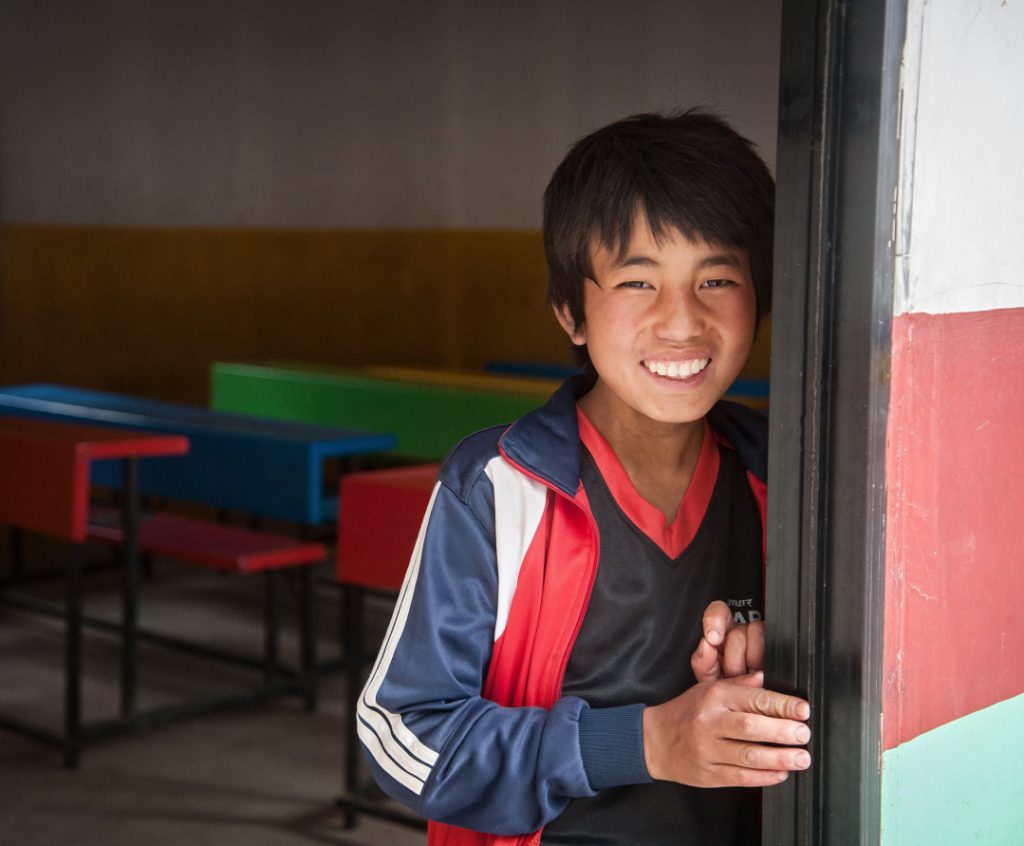
Research
Research is essential to all we do at Adara. We use it to gain feedback from the communities we support, build evidence-based projects and understand the impact of our work in the short, medium and long term.
As Adara continues to grow, we are increasingly focused on expanding and strengthening our research activities and sharing our findings widely, so others can build on our success and learn from our mistakes.

Feasibility, acceptability and preliminary effectiveness of the Hospital to Home discharge and follow-up programme in rural Uganda: a mixed-methods intervention study
Outcomes paper demonstrating that Hospital to Home (H2H), a discharge and follow-up programme for small and sick newborns in rural Uganda is feasible and acceptable in a rural Ugandan setting.

Outborn newborns drive birth asphyxia mortality rates—An 8 year analysis at a rural level two nursery in Uganda
Study conducted at AdaraNewborn facility, Kiwoko Hospital, found that increasing capacity in lower-level facilities for birth and newborn care may reduce incidence of birth asphyxia, improve outcomes and help meet newborn mortality targets.

Feasibility and usability of a very low-cost bubble continuous positive airway pressure device including oxygen blenders in a Ugandan level two newborn unit
The study demonstrated that use of the bCPAP device is feasible in a Ugandan level two newborn unit and acceptable to health care workers with experience with bCPAP and oxygen blending.

Early care and support for young children with developmental disabilities and their caregivers in Uganda: The Baby Ubuntu feasibility trial
The study evaluated the feasibility, acceptability, early evidence of impact and provider costs of the Baby Ubuntu participatory, peer-facilitated, group program for young children with developmental disabilities and their caregivers in Uganda.

Impact of the early COVID-19 pandemic on outcomes in a rural Ugandan neonatal unit: A retrospective cohort study
Outcomes from admissions captured in an electronic dataset of a well-established newborn unit before and during the early COVID-19 period (April–September 2020) as well as two seasonally matched periods one year prior.

Mixed-method study to assess the feasibility, acceptability and early effectiveness of the Hospital to Home programme for follow-up of high-risk newborns in a rural district of Central Uganda: a study protocol
A protocol paper assessing the feasibility, acceptability and early outcomes of a discharge and follow-up programme, called Hospital to Home, in a neonatal unit in central Uganda.

Randomised controlled pilot feasibility trial of an early intervention programme for young infants with neurodevelopmental impairment in Uganda: a study protocol
An evaluation of the feasibility and acceptability of a group participatory EIP, the ‘ABAaNA EIP’, for young children with neurodevelopmental impairment in Uganda.
Subjective well-being in two Himalayan communities, post road development
This paper is part of a larger research project examining changing health and nutrition outcomes co-synchronous with the arrival of
this road. This paper focuses on how the road is affecting villagers’
subjective well-being.
Demographics, clinical characteristics and neonatal outcomes in a rural Ugandan NICU
This paper describes demographics, clinical characteristics and outcomes from a rural neonatal intensive care unit (NICU) in central Uganda from 2005–2008.

The search for “Strong Medicine”: Pathways to healthcare development in remote Nepal using GIS technology and innovation
An analysis revealing interesting relationships among health, culture, and vulnerability and provide insight into directions for future health interventions in similar contexts elsewhere.

Socio-cultural dimensions of cluster vs. single home photovoltaic solar energy systems in rural Nepal
This paper analyses the socio-cultural dimensions of obstacles facing solar photovoltaic projects in two villages in rural Nepal.

Benefits of a renewable energy village electrification system
This paper describes the living conditions of some villages in upper Humla, and the possible benefits of
a simple village electrification system that provides basic lighting for the homes and the consequent
improvements in the living conditions of the villagers

Responses to innovation in an insecure environment in rural Nepal
An analysis of a community’s perceptions of becoming involved in holistic community development, drawing on anthropological analyses of perceptions of risk and the diffusion of innovations

Old and new barriers to family planning in Humla, Nepal: How the urban/rural divide has widened
Utilising a combination of quantitative and qualitative data from fieldwork completed in Nepal in 2004, this paper shows how women in rural Nepal continue to experience barriers to contraception.

Development of a Neonatal Intensive Care Unit in Uganda, Africa
This article describes NICU development and relates the
author’s experiences in working with the staff of Kiwoko Hospital.
Join us
…to bring quality health and education services to people living in some of the world’s remotest places.
add stories of impact to your inbox
